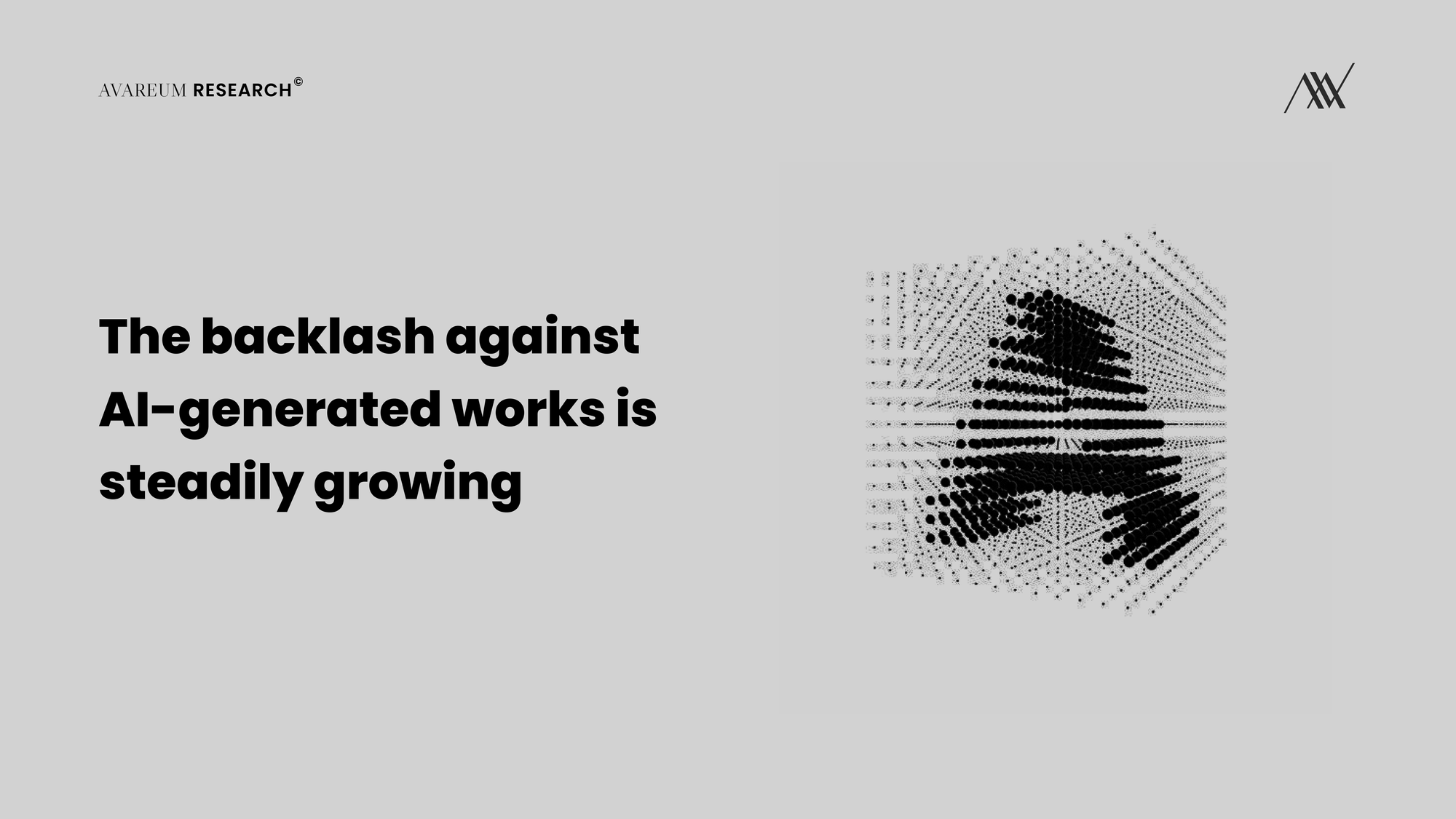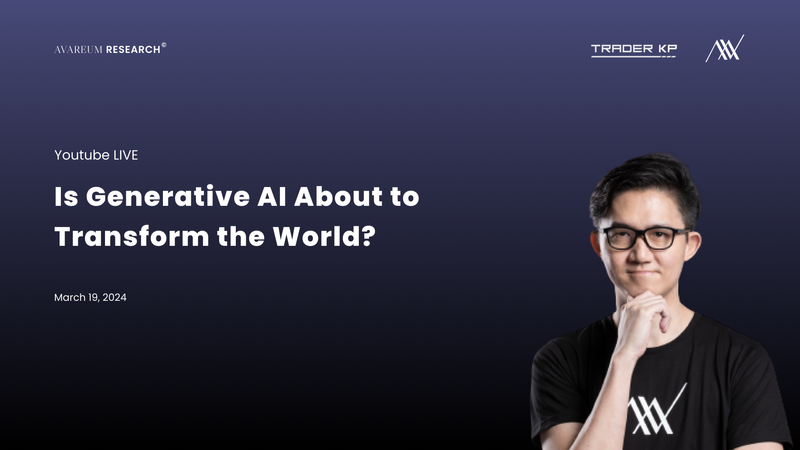The backlash against AI-generated works is steadily growing
- บริษัททำ anime ที่เอา ai มาช่วยคนวาด หรือนักวาด manga ที่เอา ai มาช่วยวาด (คนที่โดนถล่มคือ อ.Reiji Miyajima ที่วาด Kanojo Okarishimasu) โดนคนญี่ปุ่นดูถูกและกดผลงานไปอยู่อีกเกรดหนึ่ง (ทั้งๆ ที่คนกลุ่มเดียวกันนี่แหละที่เคยออกมาต่อต้านการใช้งาน animator หนักเกินไปของบริษัทผู้ผลิต รวมถึงกระแสห่วงสุขภาพของนักวาด manga หลายคนที่โหมงานจนร่างกายพัง ซึ่งถ้า ai มันมาช่วยให้มนุษย์มีคุณภาพชีวิตที่ดีขึ้น มันก็น่าจะเป็นเรื่องดีนะ)
- งานโฆษณาบางตัวที่เป็น ai ก็โดนผู้บริโภคโจมตี ว่า นางแบบหน้าเนียนเกินความจริง ขายครีมบำรุงผิว แต่ใช้ ai สร้างนางแบบเนี่ยนะ หลอกลวงผู้บริโภค (โดยที่ข้อเท็จจริงในโลกยุค pre-ai เนี่ย นางแบบที่มาถ่ายแบบก็ไม่ได้ใช้ครีมยี่ห้อนั้นๆ หรอก แล้วภาพที่ถ่ายได้ก็ผ่าน process photoshop จนไม่เหลือเค้าเดิมเหมือนกัน สุดท้ายมันไม่ได้ต่างกันเลย)
- เพลงที่สร้างจาก ai ส่วนใหญ่ก็ไม่ได้รับการยอมรับจากอุตสาหกรรม แม้คุณภาพจะถือได้ว่าทัดเทียมกับมนุษย์ (ดีกว่ามนุษย์ mean หลายๆ คนด้วยซ้ำ) หนังที่ใช้ ai ในการผลิต ก็โดนค่อนขอด และถูกนำไปเปรียบเทียบกับหนังยุคก่อน (ซึ่งสมัยที่ฮอลิวู้ดพัฒนาหนังด้วย CG มาแทนพวก special effects ก็ถูกค่อนขอดโดยคนบางกลุ่มอยู่เนืองๆ)
- กระแสต่อต้าน ai คงจะมีมาเรื่อยๆ แต่สุดท้ายแล้วก็คงยากที่จะหยุดความเปลี่ยนแปลงนี้ได้ ตอนนี้ผมเห็นคนรับจ้างทำงานหลายๆ อย่าง ที่จะเริ่มเจอปัญหาจากการเข้ามาแย่งงาน ai แล้ว ไม่ว่าจะเป็นล่าม, นักแปล, นักวาดภาพเหมือน, และในอีกไม่นาน telesales หรือ call center จะโดน disrupt แน่ๆ (ดูจากเทรนด์ของ GPT-4o รวมถึง ai เจ้าอื่นๆ)
- องค์กรต้องเตรียมพร้อมที่จะเจอการเปลี่ยนแปลงครั้งใหญ่ใน 2-3 ปีหลังจากนี้นะครับ โมเดลธุรกิจจำนวนมาก รวมถึงโครงสร้างต้นทุนจะเปลี่ยนแปลงแบบก้าวกระโดดเลย ใครไม่เปลี่ยน ต้นทุนของคุณคุณน่าจะแพ้คู่แข่งในระยะเวลา 1-2 ปี
- ขนาดธุรกิจจะเล็กลง การจ้างงานมีแนวโน้มลดลง ราคาสินค้ามีแนวโน้มถูกลง (เพราะต้นทุนถูกลง) และหลังการเข้ามาของ AI โลกเราน่าจะเข้าสู่ภาวะเงินฝืด และว่างงานสูงกันไปยาวๆ
- An anime company utilizing AI to assist artists, or manga artists using AI as an aid (such as author Reiji Miyajima who draws Rent-A-Girlfriend) have been looked down upon by Japanese audiences, with their works relegated to a lower tier. Ironically, this is the same group that previously criticized production companies for overworking animators, as well as raising concerns about the poor health conditions of overworked manga artists. If AI could help improve these creators' quality of life, it should be seen as a positive.
- Some AI-generated advertisements featuring flawless, synthetic models promoting skincare products have been attacked by consumers for being deceptively unrealistic representations. However, even in the pre-AI era, models in advertisements did not actually use the promoted products, and their images underwent heavy photo retouching - making the end result essentially no different.
- Most AI-generated music has failed to gain acceptance from the industry, despite its quality being on par with or even exceeding the human average. AI-produced films have also faced criticism and unfavorable comparisons to movies from previous eras (much like how Hollywood initially faced backlash when transitioning to computer-generated visuals from practical effects).
- The anti-AI sentiment will likely persist, but halting this wave of change will prove extremely difficult. Freelancers across various fields - translators, portrait artists, telemarketers, call center staff - are already facing disruption from AI competitors, according to models like GPT-4 and others.
- Organizations must prepare for this major impending transformation over the next 2-3 years. Numerous business models and cost structures are poised for drastic overhauls; those who fail to adapt risk being outcompeted on costs within 1-2 years.
- We may see business sizes shrink, employment levels drop, product prices decrease (from lower costs), and an ensuing period of deflationary stagnation with prolonged high unemployment following AI's proliferation.




